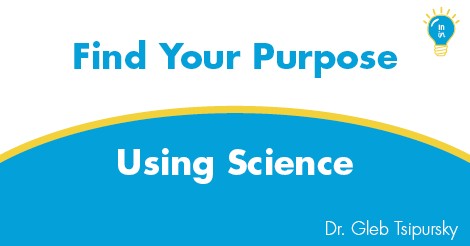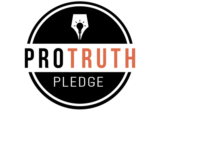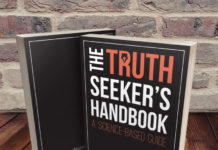
Alcira tried it all. None of it worked to help her figure out her life purpose and lead a meaningful life.
She went to shamanistic rituals where she pursued vision quests meant to lead to her life purpose. At yoga retreats, Alcira twisted her body into various shapes and poses, but that didn’t relieve her sense of a lack of meaningfulness in her life. She worked with a purpose coach who encouraged her to let her soul speak, and told her if she listened to herself, she’d figure out her life purpose. She tried to listen, she really did! But she didn’t hear anything.
Honestly, deep in her inner being, Alcira just didn’t buy any of it. As an accountant, she always valued directness, clarity, transparency, and evidence. None of the traditional methods for finding purpose felt right for her. She didn’t know where else to turn to fill that emptiness deep in the pit of her stomach, the lack of a personal purpose in life.
Science-Based Evidence
One day, searching the internet for alternatives to these methods, she stumbled across the free version of the book Find Your Purpose Using Science. She grew really excited about the idea of using scientific methods to find her purpose in life!

Alcira found especially helpful the section on the scientific evidence for the importance of self-reflection in figuring out a personal sense of meaning and purpose. One study particularly stuck out to her. It used functional magnetic resonance imaging (MRI) of the brain to show the importance of infusing meaning and purpose into the stories we tell ourselves about our lives to cultivate a deep and rich personal sense of meaning and purpose.
After reading the free version, Alcira got the premium version with exercises and worksheets. Journaling was the one science-informed exercise on self-reflection that spoke to her most. She appreciated the evidence that journaling not only helps one find a personal sense of life purpose and lead a meaningful life, but also has other benefits: it can help us deal with stress , process sorrow , experience personal growth , learn more effectively , and gain positive emotions through expressing gratitude.
Journaling Prompts
The book describes five journaling prompts to develop a rich personal sense of meaning and purpose in life:
1) What were important recent events in your life?
2) Which of them involved stresses and adversity, and how can you reframe them to have a better perspective on these events?
3) What did you learn from these events?
4) What are you grateful for in your life recently?
5) What was your experience of life meaning and purpose recently?
Why these five prompts? Because they are specifically formulated to help you reflect on your recent memories and create a personal narrative in a way that helps impart meaning and purpose into your life. However, the book also describes how you can adapt these prompts to your personal preferences if they do not resonate with the way you prefer to formulate your thoughts. Anything goes as long as the prompts help you to engage in self-reflection and to instill meaning and purpose into your experience of daily life.
Meaning and Purpose Questionnaire
Moreover, the book had a science-based evaluative tool to help people measure and evaluate their sense of life purpose: the Meaning and Purpose Questionnaire (MPQ), available in a web app as well.
Alcira took the MPQ and then started journaling daily using these prompts. She felt it working for her! Every day, she gained quite a bit more confidence and clarity in her personal sense of life purpose. She really noticed how she was infusing meaning into her daily life activities, and reframing her personal narrative of her life.
But she didn’t want to let herself believe this journaling worked for her without evidence After all, the placebo effect is well-documented: she could just be believing it works without it actually working. So after a week of such journaling, she filled out the MPQ again. She experienced a real thrill when she realized her answers were substantially higher. It was so motivating for her!
Her questionnaire answers confirmed that her outlook had improved since the previous week, and she felt much more satisfied, too. That sense of meaninglessness and emptiness in her belly had begun to fill up. She felt real hope for the future, and a growing clarity of vision that she never had before. She now committed herself to journaling daily, and taking the MPQ once a week to verify her progress. She had the evidence that it worked for her. She saw the path ahead into the future, and it was bright!
That’s when she took the time to write to me. She told me about her story, and expressed her gratitude for my work on helping people like her use science to find their purpose in life and lead a meaningful life. I was so happy for her, and asked her if she would allow me to share her story. She permitted me to do so, and I’m bringing it to all of you now. I hope it inspires you to find your purpose with science!
Questions to Consider:
• What do you think you can learn from Alcira’s story? What’s your main take-away from her story? How, if in any way, would learning about her story impact your behavior?
• Have you ever tried journaling, and if so, what were your results?
• Do you think journaling using the five prompts given above can help you gain a richer sense of meaning and purpose in life? If so, do you intend to do so? What kind of roadblocks might exist to your journaling and what specific steps can you take to overcome these roadblocks?
• What have you gained from reading this article and how might your life be better off because of it?
P.S. Also consider the wide variety of others resources on meaning and purpose available at Intentional Insights.




